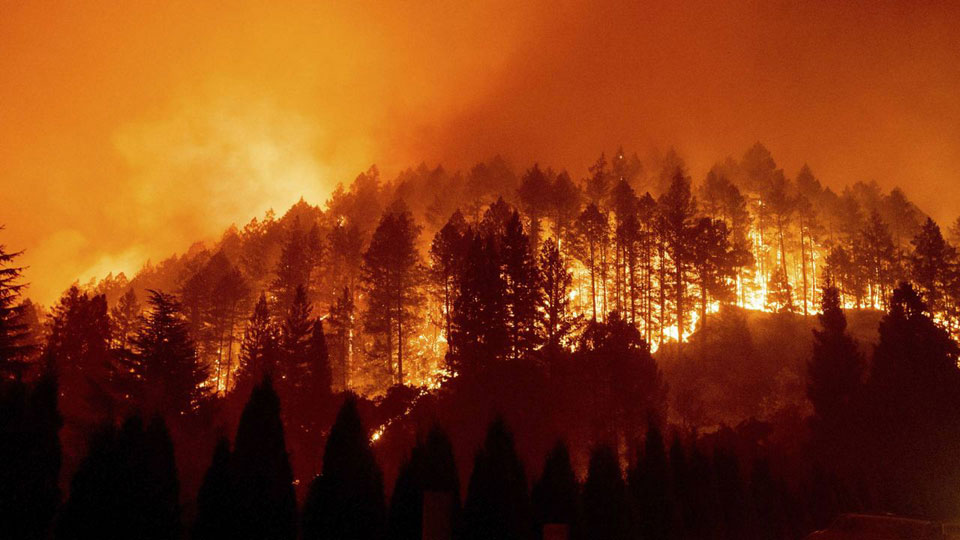
At the opening of the 2020 wildfire season, 3% of California was in extreme or exceptional drought and more than 4% burned. This year, more than 73% of the state faces similar drought conditions.
In other parts of the Southwest, juniper trees are dying off at increased rates because of the intensification of a climate change-fueled megadrought and turning forests, with trees covered in dead needles, into 30-foot-tall tinder boxes.
“It’s like having gasoline out there,” Brian Steinhardt, a national forest fire zone manager in Arizona, told the AP. Soil in the western U.S. is drier than at any time since 1895 (the year Frederick Douglass died and Babe Ruth was born), which means “the dice are loaded toward a lot of forest fire this year,” UCLA climate and fire scientist Park Williams told the AP. New research also shows wildfires are burning at higher elevations as climate change dries out forests previously too wet to support large burns.
All this adds up, Steinhardt, a veteran of 32 fire seasons, told the AP, to “probably one of the driest and potentially most challenging situations I’ve been in.” California, on the verge of its first ever official water shortage declaration, is increasing its wildfire prevention spending 16-fold, but states across the West, from Oregon to New Mexico, are staring down the barrel of a brutally dry and dangerous fire season.
Water shortages that “just couldn’t be any worse,” according to Klamath Irrigation District president Ty Kliewer, threaten massive die-offs of the salmon central to the diet and culture of the Yurok Tribe. One silver lining for the 2021 fire season is that 2020’s record-shattering burns were fueled by a highly unusual concurrence of record-breaking heatwaves and intense, widespread lightning strikes, UCLA meteorologist Daniel Swain told the AP. But, he added, “I’m really grasping at straws here. All we have going for us is dumb luck.”
This article was reposted from EcoWatch.



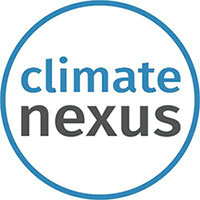
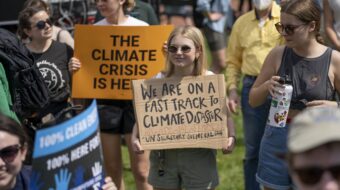
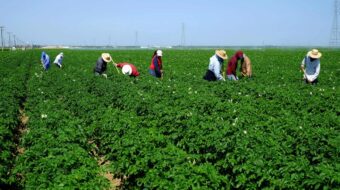
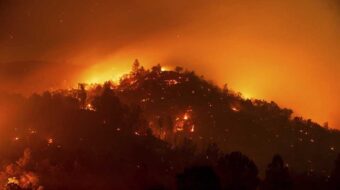





Comments